On 21 January 2025, Lord Elliott of Ballinamallard, a life peer representing the Ulster Unionist Party, raised a question in the House of Lords concerning the BBC Northern Ireland’s description of the Special Air Service (SAS).
In an article published on 11 January, the broadcaster referred to the SAS as “one of the British Army’s most infamous regiments.”
Lord Elliott asked the Ministry of Defence whether the government had made representations to the BBC regarding this characterisation.
Responding to the query, Defence Minister Lord Coaker stated: “While I am unable to comment on UK Special Forces specifically, I can say that our military is respected worldwide for the highest standards of conduct and excellence on operations.”
The BBC’s choice of words has sparked debate, with some interpreting the term “infamous” as pejorative in the context of a regiment widely regarded for its professionalism and operational success.
However, Lord Coaker’s response did not directly address the broadcaster’s phrasing, instead focusing on the broader reputation of the Armed Forces.
The Special Air Service (SAS) is a special forces unit of the British Army, founded in 1941 by David Stirling during the Second World War and later reconstituted as a corps in 1950. Specialising in roles such as counter-terrorism, hostage rescue, direct action, and special reconnaissance, much of its work is highly classified, with neither the British government nor the Ministry of Defence commenting on its operations due to their sensitivity.
The SAS gained international recognition for its dramatic 1980 televised rescue during the Iranian Embassy siege, which cemented its reputation as an elite force.
The SAS consists of the 22 Special Air Service Regiment, the regular component, and two reserve units, the 21 Special Air Service Regiment (Artists) and the 23 Special Air Service Regiment. Together, they operate under the command of United Kingdom Special Forces (UKSF), alongside their Royal Navy counterpart, the Special Boat Service, which focuses on maritime counter-terrorism.
Both units fall under the operational control of the Director Special Forces, ensuring a unified approach to national and international special operations.


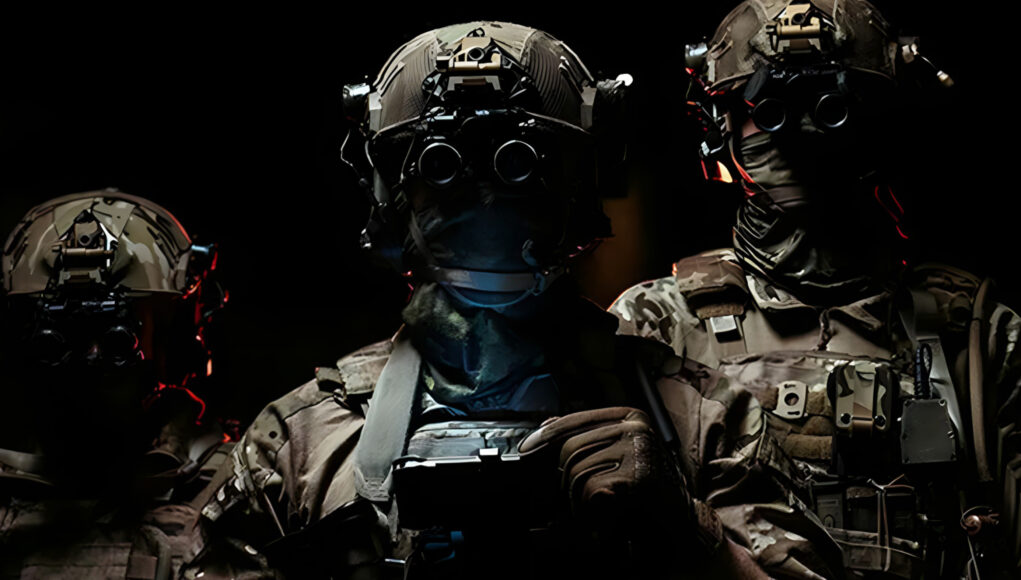
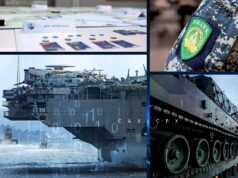
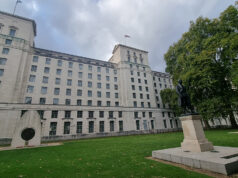
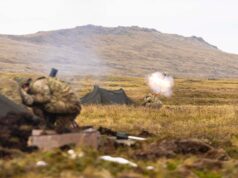
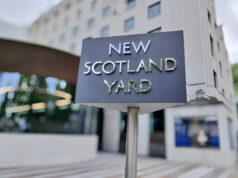

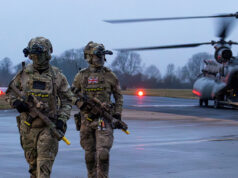
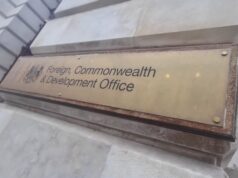

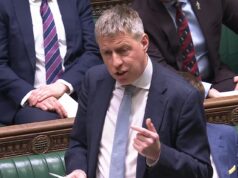


The SAS are generally well respected and professional.
The documented actions of the SAS in Northern Ireland could easily be described as infamous. The old helicopter torture technique (against civilians, UK citizens) and Coagh would be such examples.
Read a history book before you write an enraged article. UKDJ are better than this.
Paddy Mayne was a founding member of the SAS and a War hero from Northern Ireland so thanks to Lord Elliot for pointing out the BBC’s propensity for demeaning British icons!
In NI the SAS are infamous.
Unquestionly they did great things but Ilthere was a lot of less noble behaviour of the SAS in NI during the troubles.
Shooting innocent UK civilians and psychological torture of innocents for example.
Agreed on all counts. My Grandfather from Omagh served in WW2 in North Africa. He hated sand.
Typical BBC….
A-BBC. Actually they are anti Western culture not only anti British.
From what little I know of the SAS they probably got a good chuckle from that, then went back to the business at hand. Business we won’t be a party to. Keep ’em safe!
SAS there the best 😀 🇬🇧
Are they?
The SBS say Hi.
😉
SRR quietly getting on with it while SAS and SAS but boat measure dicks.
Not even in the same league
Served with any of them have you Tim?
Yep, I thought of them too!
Differing skill set I understand and different selection I think?
The Det developed it’s own ethos and methods so effectively the SAS would send people to learn from them.
Agree though, both a elite, it’s the usual testosterone bollocks dick measuring rivalry crap.
Understandable with such elites I guess?
Pretty sure all three SF branches have standardised selection now, but I know SRR used to look to fail people who’d attempted SAS or SBS selection. “You came here because you thought it would be easier? We don’t want you.” kind of attitude.
How about the Phantom special reconnaissance unit, one of the early forerunners in WW2. David Niven served with them (from the golden age of Holywood for those that don’t recognise the name)
Yes Danielle they are. Wanna compare high profile successful ops????
The infamous ‘Secret Air Service’….
Only sheer incompetence could create such a recruiters dream slogan…
Yes Danielle they are. Wanna compare high profile successful ops????
Could be semi-literate BBC staff not knowing the difference between famous and infamous.
I’m guessing the bbc didn’t criticise the people in number 10 who gave the orders.
Special forces are the BEST, which ever branch….
One of my uncles is buried in the Commonwealth War Graves Cemetery in Benghazi, the family legend is that he was one of the special forces before anyone really knew about them.
Yes because the BBC only employ people of the up most integrity, you never hear of any bad press or court convictions regarding…..oh no hang on….
I’d say infamous fits. They’re soldiers, and some of the best in the world. They’re as deadly as they come. Famous for their supreme proficiency at violence. Infamous.